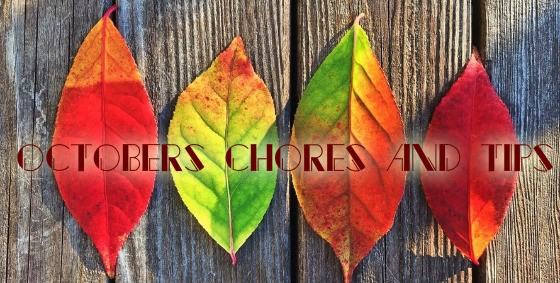
Disease Prevention:
- To prevent the spread of diseases in your landscape, dispose of infected plants immediately before the disease has a chance to spread.
- Pick up rotting fruit or dead leaves, which can be a source of the disease.
- When in doubt, throw them out. Do not compost diseased materials.
- Don’t forget to disinfect your tools to prevent diseases from spreading.
- A late summer application of nitrogen fertilizer helps fruit sizing more in the fall than in the spring.
- Cut off spent blooms to stimulate re-bloom.
- Water less often as plant needs decrease with the shortening and cooling days.
- Be sure to dig, divide and replant overcrowded perennials that have finished flowering.
- Feed new flower and vegetable plants with liquid fertilizer two weeks after planting them.
- After several hard frosts add mulch to your perennial flower garden. A one inch layer of straw or chopped leaves will help conserve soil moisture and protect the root system.
- Plant winter hardy trees, shrubs and vines.
- Feed cool season lawns to support their growth in the fall season.
- Continue to pick up fallen, decomposing fruit that could harbor insects and pests.
- Don’t allow leaves to accumulate on the lawn. Rake them up regularly, and store in a pile for use as mulch in your garden next summer. By allowing leaves to accumulate on your lawn, they can become matted down by the rain and can kill the grass.
- Autumn is a good time for improving your garden soil. Add manure, compost, and leaves to increase the organic matter content. Before adding lime to your soil, have your soil tested to determine if your soil is acidic and needs lime.
- Mulches applied too early can do more harm than good. A mulch is used to keep soil temperatures constant and prevent frost heaving, not keep it warm. Therefore, it is best not to mulch until the soil temperature has reached the freezing point.
- When deciding on new trees or shrubs to plant around your home, remember to select varieties that will fit the location when they are at their mature height. This will greatly reduce pruning and other maintenance in the future.
- Garden tools are expensive! Take care of your tools and bring them inside so they don’t need to be replaced. Clean them off and with proper care, quality tools can last you a lifetime!
- Make a note of any particularly productive or unsatisfactory varieties of vegetables that you planted this year.
- Fall is an excellent time for taking soil samples in your lawn and garden. Soil tests will measure the pH of the soil, organic matter content and the levels of some of the major elements required for plant growth, such as phosphorus and potassium.






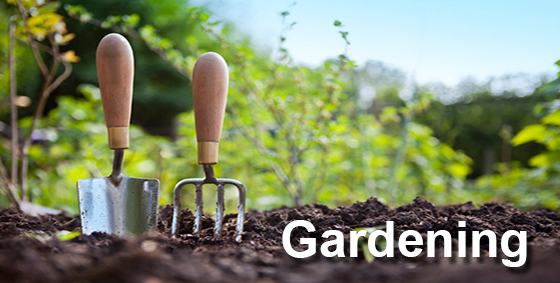
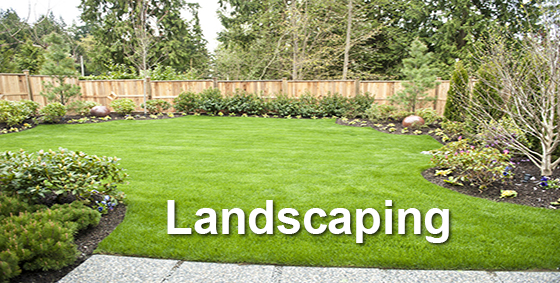
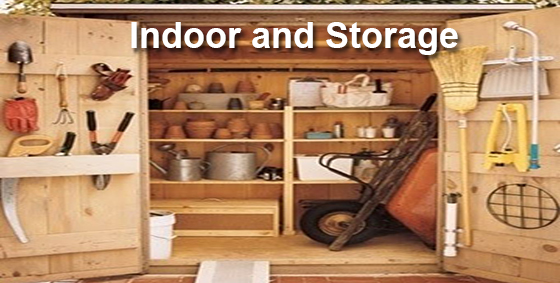
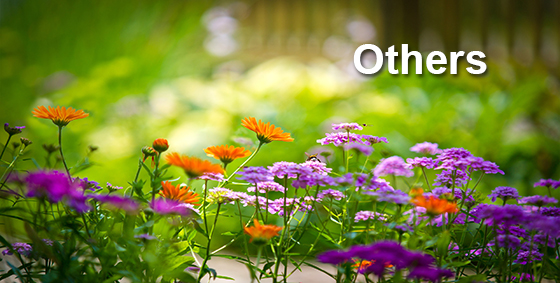
Leave a Reply